
Chapter 3 begins with the word “Now”. When did this now take place? Once again, we are left in the dark. Adam and Eve could have enjoyed many wonderful years in the garden. Being as they were perfect, death had not entered the world yet. But unfortunately, the time of innocence did not last forever. It says that the serpent was more cunning than any beast of the field that the Lord God had made. Other translations use subtle or crafty instead. What this really boils down to is deceit. We know that Satan is the Father of Lies (John 8:44). Both the apostles John and Paul identify this serpent as Satan in the New Testament (Revelation 12:9, 20:2; 2 Corinthians 11:3). We know the enemy as both the Devil and Satan. The word “Devil” in Greek, which looks like this: Διάβολος (pronounced di-ah-bo-las) means a calumniator, slanderer, accuser. “Satan” (Σατανᾶς) describes his character as the antagonist and opposition of all good while “devil” describes his relation to the saints as their accuser and calumniator. As a side note, the name “Lucifer” never occurs in the whole Bible. It only occurs in the King James translation of Isaiah 14:12. Most modern translations read “morning star” instead of Lucifer. Lucifer is a decent translation of morning star because it literally means morning star. Unfortunately, this term has come to be associated with the devil, which especially in the context of Isaiah 14, seems to be somewhat of a stretch. Not to get too far ahead of ourselves, but Isaiah 14 seems to be referring to a man, not Satan. Either way, it is good to know who this serpent is. He is the great deceiver of man, more cunning than any other creature. He stands in opposition of all that is good and is always ready to lie and condemn.
Then he said to the woman, “Has God indeed said, ‘you shall not eat of every tree of the garden’?” The first words out of his mouth are already dripping with deceit. He knows good and well that God did not forbid them to eat of every tree in the garden. The serpent is accusing God of not providing food for man. That word “indeed” seems to stick out to me. Other translations say “actually” or “really”. Satan makes God’s actions appear ridiculous. “How could he actually do that?” She responds, “We may eat the fruit of the trees of the garden, but of the fruit of the tree which is in the midst of the garden, God has said, ‘You shall not eat it, nor shall you touch it, lest you die.'” But hold on a second, that’s not actually what God said either. He prohibited eating the fruit, but touching it was not forbidden. While I would agree that touching it was probably not a good idea (what good is touching a fruit you cannot eat?) there was nothing intrinsically wrong with it, nor would it have brought on the death of man. Satan’s lie has already found its way to the heart of man because man had already twisted what God had said just enough that Satan’s “indeed” seemed somewhat more plausible. This is the importance of reading, studying, memorizing, and being in love with God’s Word. If we know God’s Word, it cannot be twisted against us. Satan tries the same thing on Jesus in the desert, but finds that Jesus knows God’s Word intimately.
Now comes the outright lie. What Satan said before was just a test to see the position of his prey. With the woman’s weak response, Satan pounces on his victim. “You will not surely die. For God knows that in the day you eat of it your eyes will be opened, and you will be like God, knowing good and evil.” What does Satan mean when he says “you will be like God”? It says right after that they would know good from evil, but I think it goes deeper than that. This is placing man on the throne of God. Satan is proposing an image of a selfish God who does not wish to share His secrets with man. We could be like God, but He is holding us back, making us follow commands and do His will. After this, she saw that the tree was good for food, that it was pleasant to her eyes, and that the tree was desirable to make a person wise, she took the fruit and ate. These are the fleeting pleasures of sin. They didn’t flee fast enough to prevent her from sharing these temporal pleasures with her husband though. He also ate. The only true thing the devil did say was that their eyes would be opened and they would know good and evil. And were their eyes ever opened! Immediately, they feel ashamed of their nakedness, having lost their innocence, and make themselves coverings using fig leaves.
Thus ends one of the four parts of the story of the Bible. Seriously. The first part is Creation, the next part is the Fall, then Redemption, and finally Consummation or Restoration. We are living in the Redemption stage. That does not mean that the effects of the Fall are gone, but it does mean that Christ has come and made a way for the forgiveness of our sins. He is the second Adam, the sinless one, who died in our place. God took a world that was formless and void, and brought form to the world and filled the void. When things were thrown out of order, God has worked to restore things back to the way they were, or even better. What do I mean by better? I’m going to provide a rather lengthy quote (apologies) to wrap up my thoughts on the matter. In Reason for God, Tim Keller writes on page 33:
Just after the climax of the trilogy The Lord of the Rings, Sam Gamgee discovers that his friend Gandalf was not dead (as he had thought) but alive. He cries, ‘I thought you were dead! But then I thought I was dead myself! Is everything sad going to come untrue?’ The answer of Christianity to that question is—yes. Everything said is going to come untrue and it will somehow be greater for having once been broken and lost.”
He goes on to quote Dostoevsky from Chapter 34 of The Brothers Karamazov:
I believe like a child that suffering will be healed and made up for, that all the humiliating absurdity of human contradictions will vanish like a pitiful mirage, like the despicable fabrication of the impotent and infinitely small Euclidean mind of man, that in the world’s finale, at the moment of eternal harmony, something so precious will come to pass that it will suffice for all hearts, for the comforting of all resentments, for the atonement of all the crimes of humanity, of all the blood that they’ve shed; this it will make it not only possible to forgive but to justify all that has happened.”
Finally, he quotes C.S. Lewis from The Great Divorce, followed by his own thoughts wrapping up the matter:
They say of some temporal suffering, ‘No future bliss can make up for it,’ not knowing that Heaven, once attained, will work backwards and turn even that agony into a glory. [Keller] This is the ultimate defeat of evil and suffering. It will not only be ended but so radically vanquished that what has happened will only serve to make our future life and joy infinitely greater.”
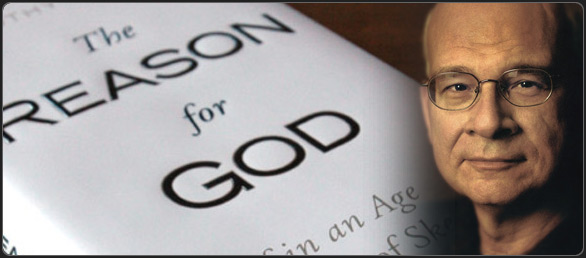
Hopefully, you can understand the significance of these quotes to this chapter. You see, right after the Fall, God immediately enters the picture. They hear the sound of Him walking in the garden in the cool of the day. Adam and his wife now attempt to hide from the Creator of the universe. It’s kind of funny because God plays along. God calls out to Adam, “Where are you?” As if God doesn’t know. Perhaps this is a more philosophical question that God wants Adam to consider. Where has Adam gone spiritually? After all, one of the most painful effects of the Fall is separation from God. Adam has become spiritually dead even though physically he is still alive. Before accepting Christ’s atonement for our sins and acknowledging Him as Lord and Savior, this condition is true for all of humanity. God is also providing Adam with an opportunity to confess what he has done. Adam responds that he was afraid because he was naked and hid himself. God plays along again, “Who told you that you were naked? Have you eaten from the tree of which I commanded you that you should not eat?” God’s patience here is astonishing. He is trying to coax Adam to confess everything he had done. Unfortunately, Adam passes the buck, accusing both Eve and God for the fault. “The woman whom You gave to be with me, she gave me of the tree, and I ate.” Adam has already become a little devil (accuser, remember?). God questions the woman, seeing if she will take responsibility. She also becomes a little devil, “The serpent deceived me, and I ate.” Interestingly, both Adam and his wife tell the truth, but neither one of them show remorse for what they have done, nor are they willing to confess any wrongdoing. They admit to the eating of the fruit, but they do not admit to disobeying the Lord’s command. Rather, they say someone else made them do it.
God proceeds to start dealing with the situation. First, he curses the serpent. I will say that snakes are among my worst fears, and I’d like to think that I have biblical evidence for why that’s true. “And I will put enmity between you and the woman, and between your seed and her seed.” I certainly feel that enmity. However, I think that this part of the curse, as well as what follows, applies to Satan and not the physical form of the snake. What he is saying is that there will be strife between followers of Satan (most of mankind), and seed of the woman (followers of Christ, a descendant of Eve). He then tells the outcome of that struggle. Christ will bruise the serpent’s head, and the serpent shall bruise Christ’s heel. Christians are also part of Eve’s seed, so we, along with Christ, participate in the crushing of Satan’s head. “And the God of peace will crush Satan under your feet shortly.The grace of our Lord Jesus Christ be with you.” (Romans 16:20) Notice that Satan is being crushed under the feet of the church in Rome, but also by Christ, who is in them.
God then proceeds to curse the woman and Adam. Beginning with the woman, he greatly multiplies her sorrow and conception. Childbirth is done in severe pain. I’m thankful for the gift of childbirth, but often thankful I will never have to experience it myself. Because of sin, man and woman will face struggles in their relationships with one another. God created the world with a perfect harmony. Sin disrupts harmony. Roles are from God, and when they are played out correctly, harmony and peace rule. But when those roles become confused, struggles of self-will ensue, creating disunity. How many marriages end in divorce today? Too many. It is a case of men and women trying to play roles they were not meant to play.
Adam is cursed because he heeded the voice of his wife. This was another role reversal. Adam was meant to rule over his wife. He should have prevented her from eating the fruit, and once she did, he should have scorned her advice and listened to God instead. But that is not what happened. Therefore, the ground is cursed. Man must now toil to produce his food, in stark contrast to the abundance of food once available with little to no effort. All over the world, people must work hard and most barely get by. Some do not get by at all. The curse also speaks of us returning to the ground. We were made from dust and to dust we shall return. This is physical death. Spiritual death had already occurred. Adam’s physical death would not occur for 930 years. This is incredible. But though this may seem like a long and overdue life, it was not the life Adam was intended to live. Christ ended up living the life Adam should have lived, which is part of the reason Jesus is called the second Adam (1 Corinthians 15:45-49). We were made to live eternally in fellowship with God. When that connection was severed, physical death was sure to follow. But there is hope. Romans 5:12-21 says:
12 Therefore, just as sin entered the world through one man, and death through sin, and in this way death came to all people, because all sinned—13 To be sure, sin was in the world before the law was given, but sin is not charged against anyone’s account where there is no law. 14 Nevertheless, death reigned from the time of Adam to the time of Moses, even over those who did not sin by breaking a command, as did Adam, who is a pattern of the one to come.15 But the gift is not like the trespass. For if the many died by the trespass of the one man, how much more did God’s grace and the gift that came by the grace of the one man, Jesus Christ, overflow to the many! 16 Nor can the gift of God be compared with the result of one man’s sin: The judgment followed one sin and brought condemnation, but the gift followed many trespasses and brought justification. 17 For if, by the trespass of the one man, death reigned through that one man, how much more will those who receive God’s abundant provision of grace and of the gift of righteousness reign in life through the one man, Jesus Christ! 18 Consequently, just as one trespass resulted in condemnation for all people, so also one righteous act resulted in justification and life for all people. 19 For just as through the disobedience of the one man the many were made sinners, so also through the obedience of the one man the many will be made righteous. 20 The law was brought in so that the trespass might increase. But where sin increased, grace increased all the more,21 so that, just as sin reigned in death, so also grace might reign through righteousness to bring eternal life through Jesus Christ our Lord.”
Only now does Adam finally name his wife Eve, and the Bible says he does this because she was the mother of all living. To cover their nakedness, God clothes them in tunics of skin. This is the first of many sacrifices to atone for the sin of man. Ultimately, it would take a sinless man to cover all the sins of man for all time. This animal was just a temporary offering. Adam and Eve should have been the ones to die. “The wages of sin is death, but the gift of God is eternal life through Christ Jesus our Lord.” (Romans 6:23) Instead, God shows us a shadow of what is to come; Christ would be our substitute sacrifice. An innocent one would die in place of the guilty.
God has a sort of side conversation with Himself. It is fascinating to be able to listen in on His thoughts. He says, “Behold, the man has become like one of Us, to know good and evil.” In what way does God know good and evil? Are we like God because we sinned? The answer is no. We are now more like God only in our knowledge of the difference between good and evil. God, however, does not know this from firsthand experience (sin), but rather because of his omniscience. It then says that He drove man out of the garden, lest he eat of the tree of life and live forever. Hold on. Why would God not want us to live forever? The reason is because we would be stuck in our sinful state. Who wants to live forever as a wretched, sinful human being. There would be no possibility of redemption. I believe that God drove man out of the garden because eating the tree of life would have locked us in our fallen state (non posse non peccare – not able not to sin). In Revelation 22:2, we find that the tree of life makes a reappearance. It is in the New Jerusalem and brings healing to the nations. I believe that this tree might be used to lock us into our state of glory (non posse peccare – not able to sin). That is just conjecture, but the reason God drove man out of the garden of Eden must have been significant enough that He then proceeded to guard it with cherubim and a flaming sword which turned every way. The cherubim and the sword are specifically stated to be guarding the way to the tree of life. Therefore, I see our banishment from Eden as an act of mercy from God, which is incredible considering we had just sinned against Him, lied, and then even blamed Him for our sin. What a truly magnificent and merciful God we serve!

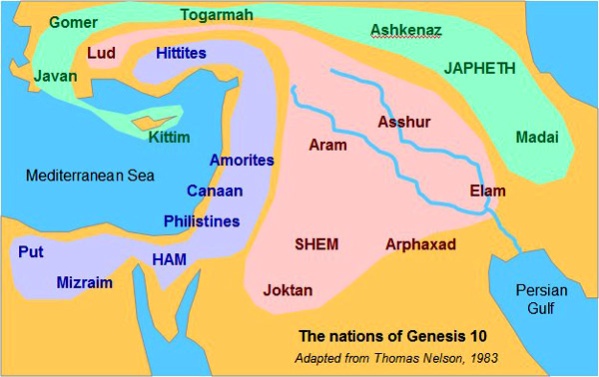
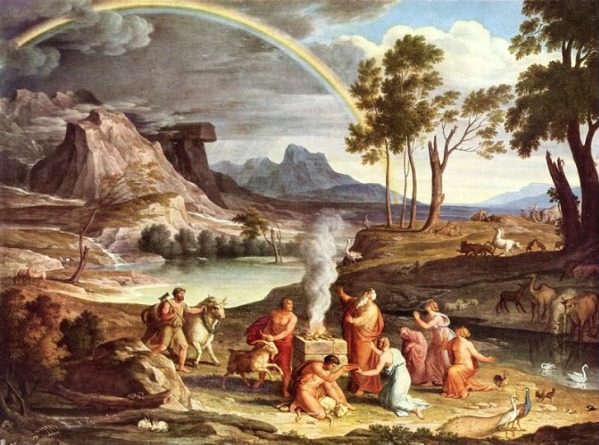
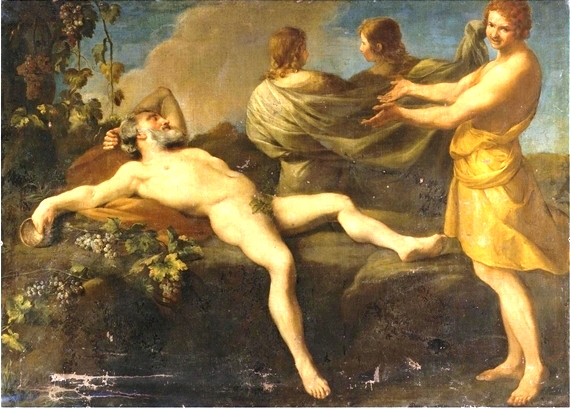
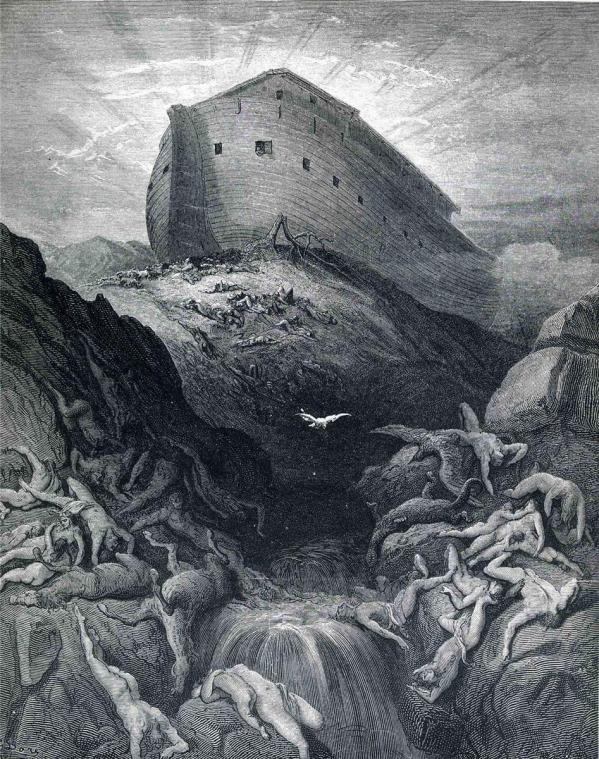
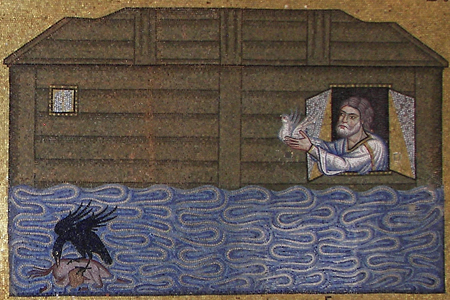
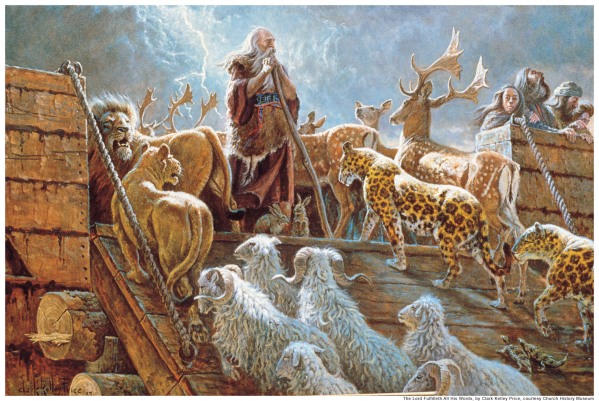
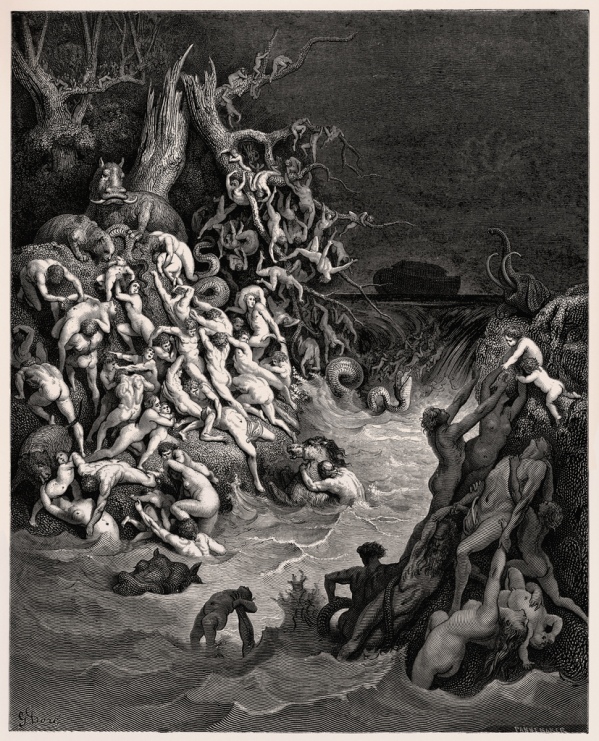
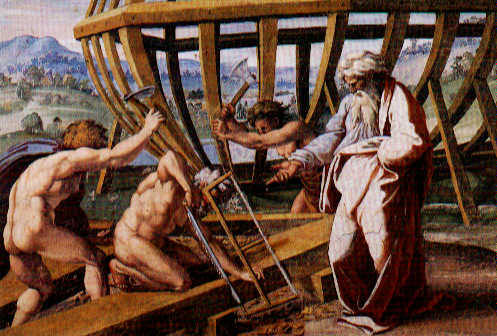
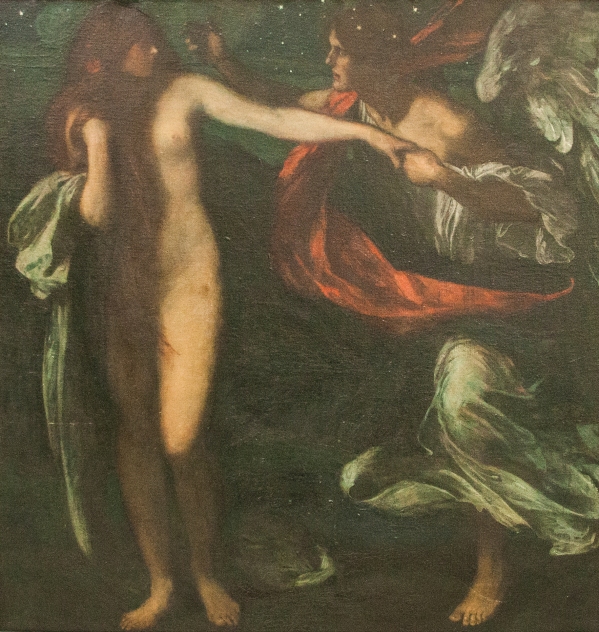
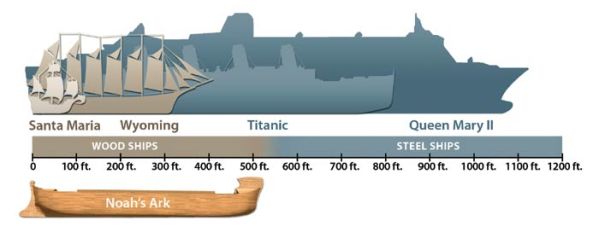
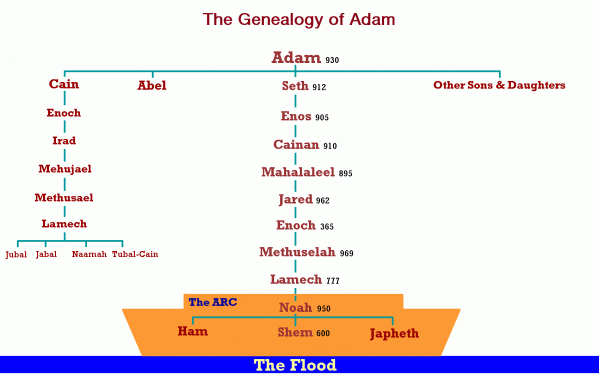
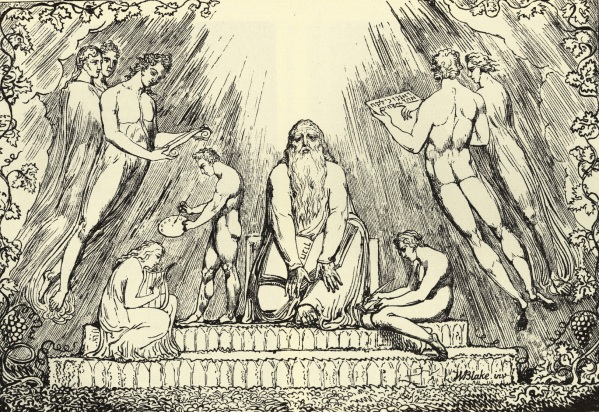
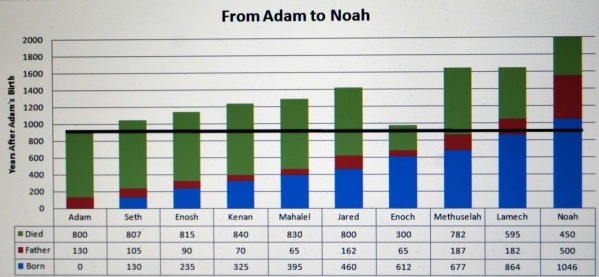
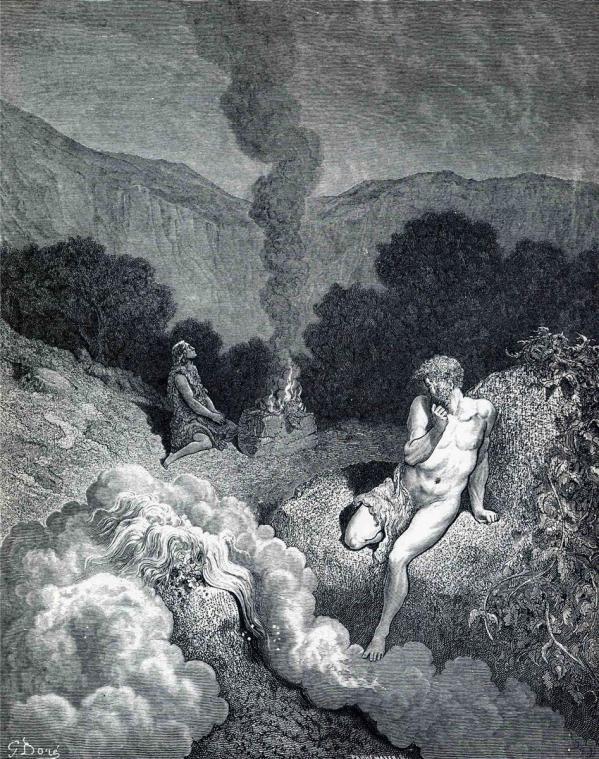
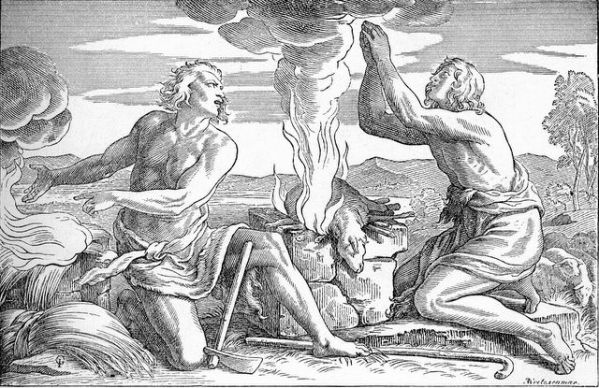
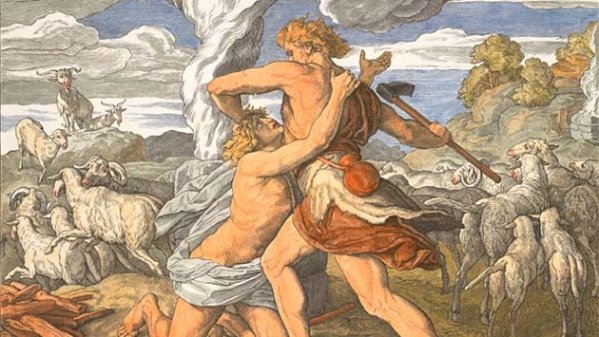
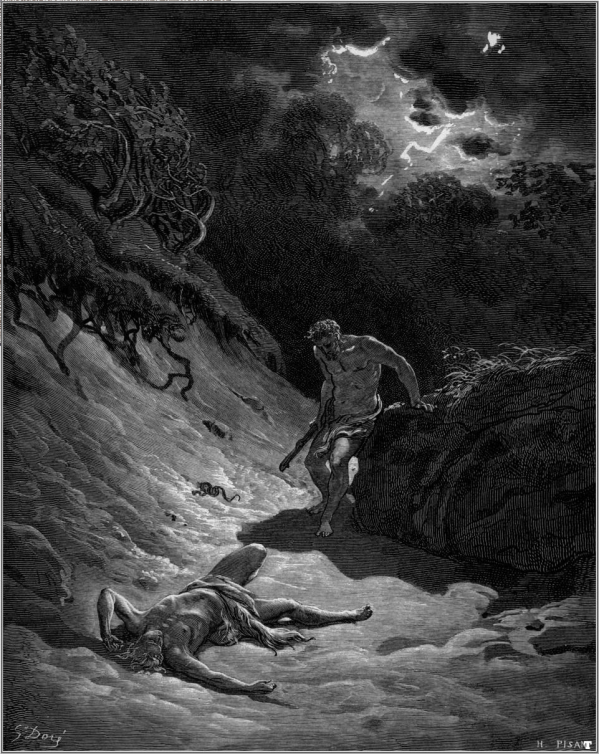
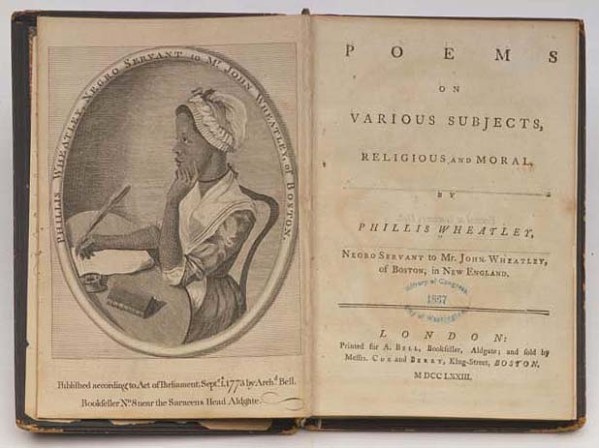
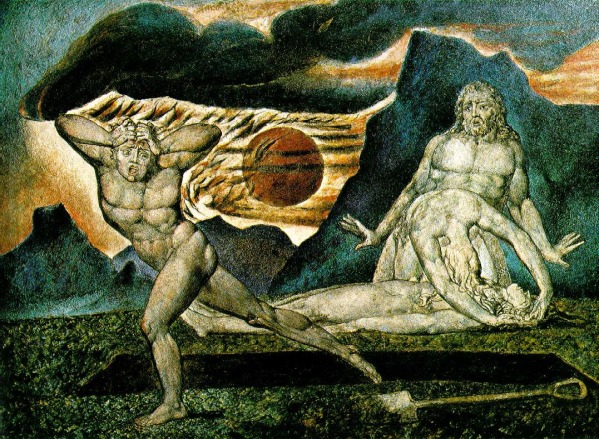




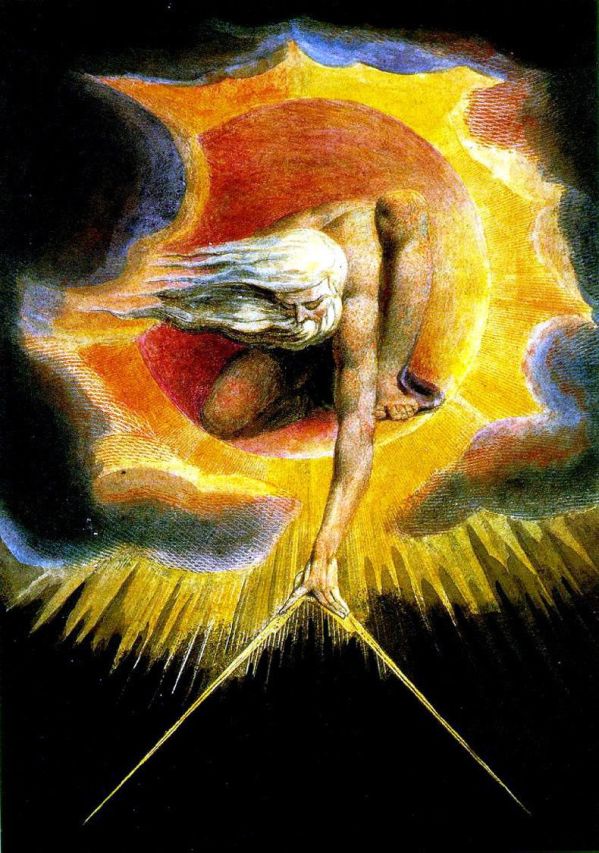
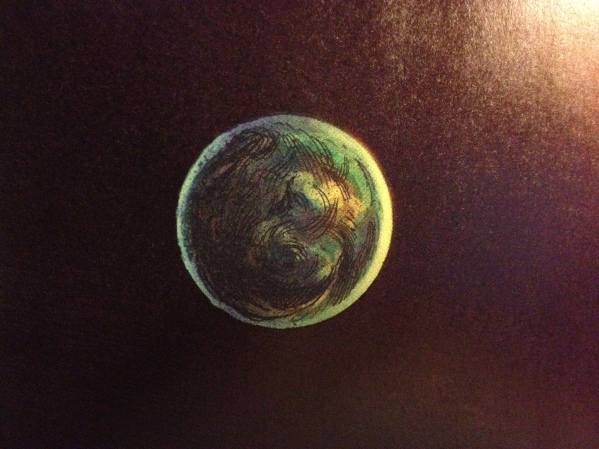

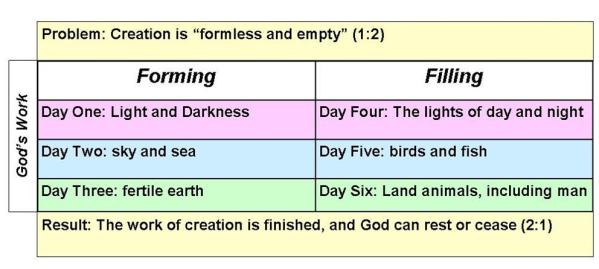

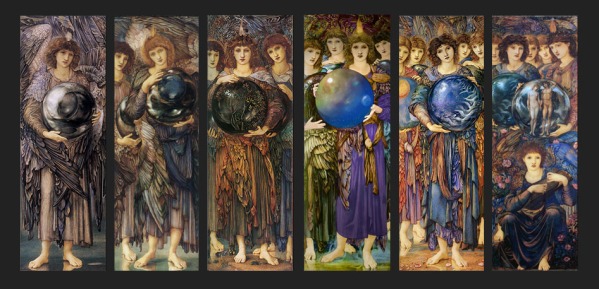 *I do not anticipate future posts to be nearly this long. Thanks for sticking with it and reading the whole thing. I appreciate any comments or questions. Future updates should be much shorter summaries along with a few highlights of things I found significant.
*I do not anticipate future posts to be nearly this long. Thanks for sticking with it and reading the whole thing. I appreciate any comments or questions. Future updates should be much shorter summaries along with a few highlights of things I found significant.